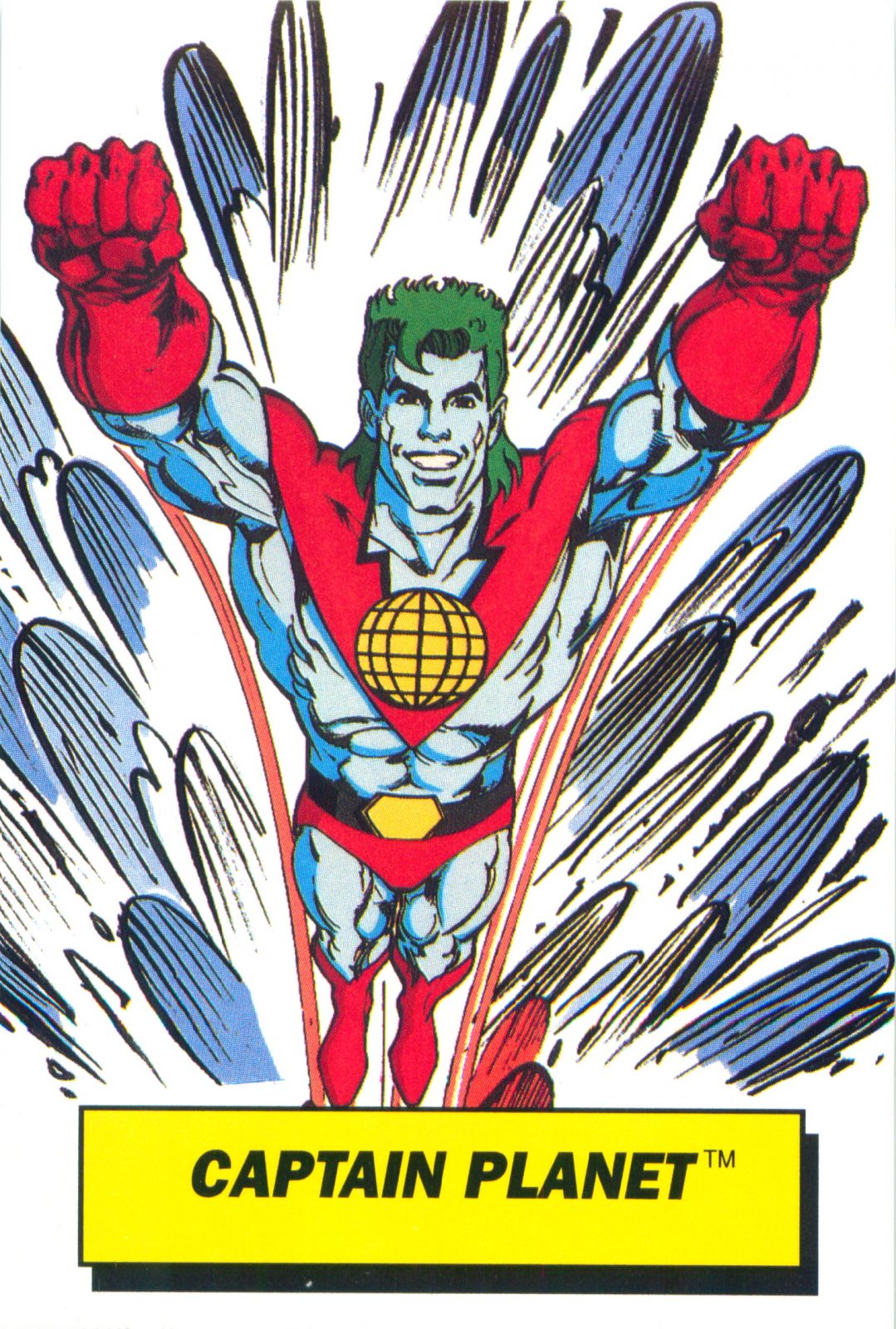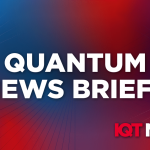Quantum Energy Advantage: “Go Planet!”

In 1990, five Planeteers teamed up to defend Mother Earth from environmental disasters and to encourage environmentally responsible behavior in the future. When the challenges were too great, they would combine their elemental powers and summon Captain Planet. As Earth’s greatest hero, his mission was to “take pollution down to zero.”
Thirty-four years later, we have a new generation of Planeteers, although they obviously don’t use that trademarked name. The French electric utility company (EDF), the French National Centre for Scientific Research (CNRS), and two quantum computing companies, Alice & Bob and Quandela, have joined forces and combined their powers into the project “Optimisation Energétique de Circuits Quantiques” (OECQ). Their mission is to optimize quantum computers’ energy consumption.
Real-World Use Cases
The first key takeaway of OECQ is that they will use EDF’s real-world use cases in optimization, physical simulation, and material science. Instead of just calculating hourly consumption, they will calculate the energy needed to actually solve these problems with high-performance computers (HPC). They will also estimate the energy required to solve these problems with full-stack quantum computers (QC) – not just the quantum computers, but everything needed to perform the computation.
Normally, we’re looking at computational performance, but they’ll be looking at the realistic energy requirements to solve these problems. For problems that are currently being solved with HPC, they want to determine if it is advantageous to run on QC if the energy cost is less. In addition to the science arguments and the moral arguments, there may also be business arguments to use QC.
Meaningful Deliverables
The second key takeaway is that they will not be content with simply publishing a paper. Their goal is to actively reduce the energy consumption of QC. In fact, their deliverables include producing a new generation of chips with energy consumption in mind, and they will measure the difference between the two generations of chips. Interestingly, the notion of energy efficiency seems to be aligned with Alice & Bob’s well-known approach to reducing the number of physical qubits – the resources, if you will – required to achieve fault-tolerant quantum computing.
By actively reducing energy consumption, these modern-day Planeteers are attempting to avoid errors of the past, such as the unsustainable energy consumption of artificial intelligence (AI). In other words, this project also addresses the issue of scalability from a different angle.
Forthcoming Benchmarks
Coincidentally, IEEE is working on an energy efficiency standard in parallel. Before OECQ is finished, hopefully, there will be objective benchmarks for the project to use. There will not be any explicit comparisons of Alice & Bob’s superconducting cat qubits and Quandela’s photonic qubits, but the information will be available to inquisitive minds.
Spread the Word
Although OECQ includes a research institute, an industry player, and two QC startups, more hardware providers need to get involved. Alice & Bob and Quandela will be delivering new chips, but chips consume relatively little power. Both use cryogenics, but even cryogenics are not the main contributor. Control electronics are actually the main contributor, with one example consuming 100W just to power on. Furthermore, room temperature signals lose significant power getting to the chips, so part of the solution might be to get the control hardware inside the cryogenic systems and closer to the chips. Whatever the solutions are, they’ll require the involvement of these other companies.
Conclusion
One reason to believe in this project is that it is not gratuitous. The participants believe that reducing energy consumption and protecting the environment are obligations. Their motivations include long-term interests in thermodynamics, personal environmental convictions, and overall interests in hardware efficiency. The project will be four years in duration, and it will be interesting to see if it is renewed at that time with a mission to use then-current technology to improve energy efficiency further.
But, again, the toughest challenges three decades ago always forced the Planeteers to summon Captain Planet. This time around, makers of control electronics and cryogenic systems need to answer this call. Can quantum computing become the solution to unsustainable HPC demands? If Captain Planet were real, he would say to these companies, “The power is yours.”



















